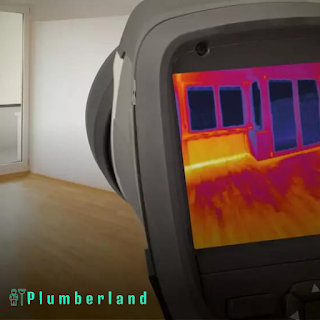How to Detect a Slab Leak
Slab leaks are a serious problem, as they can cause major damage to your home. It’s important to detect a slab leak as early as possible in order to minimize the damage and cost of repair.
Fortunately, there are a few simple things that you can do to help identify whether or not your home has a slab leak. The first is to walk barefoot throughout your home and look for any spots of moisture or water that you cannot explain. If you do find a spot of wetness, this is a sure sign that you have a leak in your plumbing lines under your house.
Another thing to watch out for is a sudden spike in your water bill. While this is not always indicative of a leak, it’s worth checking your water meter for a few minutes to see if there is a significant increase in activity.
If you notice a sudden increase in your water bills, it’s time to get in touch with your local plumber. They should be able to give you an estimate on the repairs needed. It’s best to do this before committing to any repairs so that you can compare offers from several companies.
The second way to determine if you have a slab leak is to carefully examine the soil outside of your home. Moss and mud are often signs that you have a leak in your foundation. It’s also a good idea to check around your home for other indicators of a leak as well, such as warm or wet spots on carpets or floors or mold growth.
A third way to determine if you have a leak is to take a walk through your home without turning on any taps. This will be a great way to pinpoint the source of the leak, as you’ll be able to see where the water is coming from and where it’s going.
This may seem like a simple task, but it can save you a ton of money in the long run. If your plumbing line is damaged, it’s likely to lead to other issues down the road, so catching and fixing a leak as soon as you can is the best way to avoid costly repairs later on.
Slab leaks are especially common in older homes, as they are more susceptible to pipe corrosion and shifting foundations. Older home plumbing systems often use copper, which wears down over time and creates pinhole leaks.
While it’s not impossible to find a leak underneath your home’s concrete slab, the task can be difficult and time consuming. It’s important to note that most home owners won’t be able to locate the leaks themselves, but they will have a better chance of catching it with regular plumbing inspections.
You can also use a home inspector’s tools to inspect your home and look for any cracks in the walls or floors. If you’re concerned that a leak under your home’s concrete slab is causing cracks in the foundation, it’s best to call an experienced home inspector right away.
.png)

.png)

Comments
Post a Comment